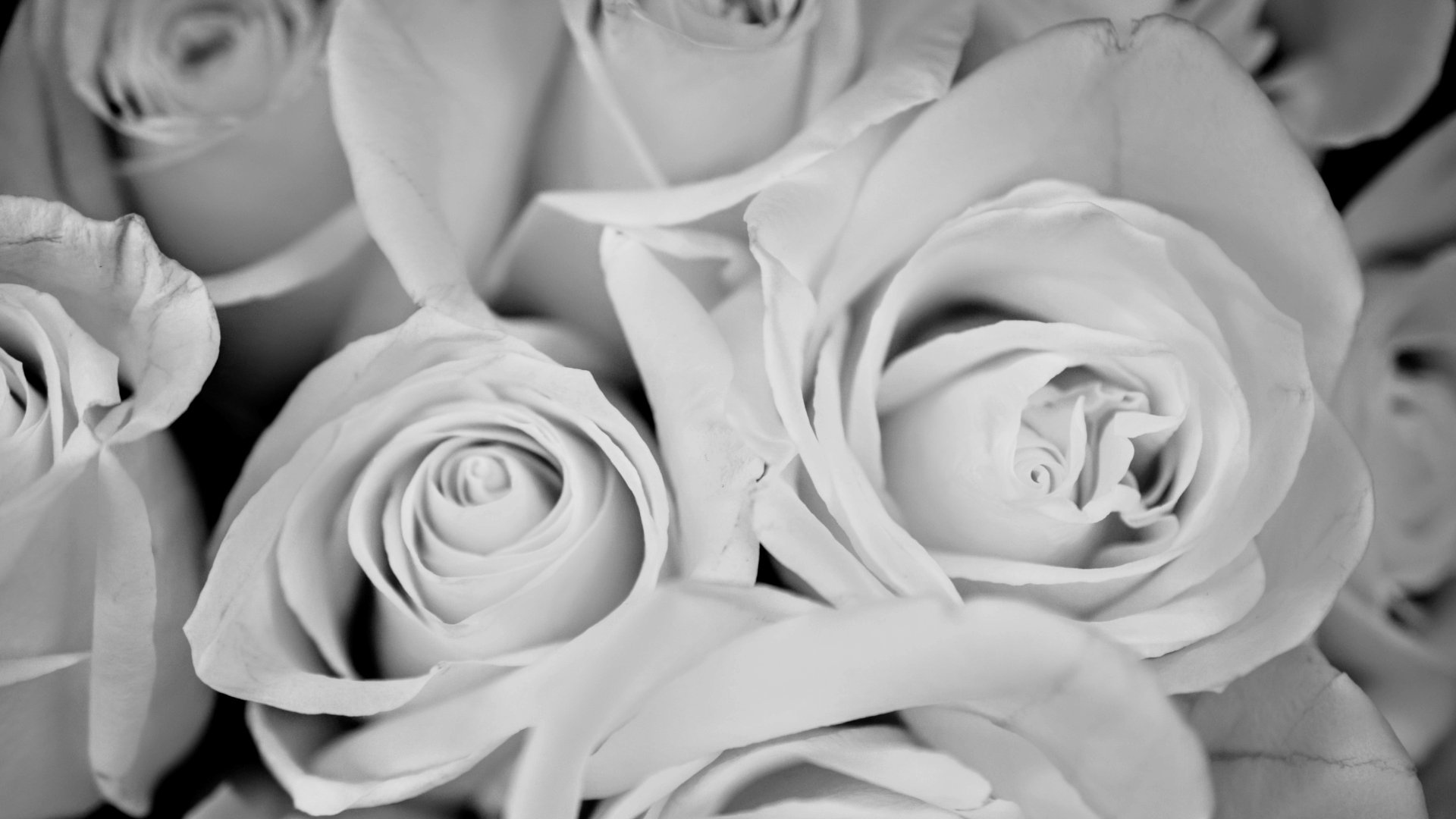
Burial & Funeral Practices
Burial & Funeral Practices
Death is an inevitable part of life, and Islam provides a comprehensive framework for how Muslims should approach and deal with this natural transition. Islamic burial and funeral practices are deeply rooted in tradition and guided by religious principles
Ghusl (Ritual Washing)
- Purpose: After death, the body is ritually washed to purify it and prepare it for burial. This process symbolizes the cleansing of the soul as it departs from the physical body.
- Procedure: Close family members or trained individuals perform Ghusl, washing the deceased’s body three times with clean water and scented soap. Modesty and care are emphasized during this sacred act.
Kafan (Shrouding)
- Purpose: The deceased is wrapped in a simple white shroud, symbolizing equality in death and detachment from worldly possessions.
- Shroud: The Kafan consists of three white sheets for males and five for females. It is a reminder of the simplicity of life and the inevitability of death.
Salah al-Janazah (Funeral Prayer)
- Purpose: The funeral prayer is a collective supplication for the deceased’s forgiveness and a farewell to the departed soul.
- Procedure: The prayer is offered in congregation, typically at the mosque or a designated prayer area. It consists of standing, bowing, and prostrating while reciting specific Quranic verses and supplications.
- Click here to learn how to pray Salah al-Janazah
Burial
- Purpose: The burial process is a solemn act of returning the body to the earth, emphasizing humility and the transient nature of life.
- Procedure: The body is lowered into the grave while facing the Qiblah (the direction of the Kaaba in Mecca). It is placed directly on the ground without a coffin, allowing for a direct connection with the earth. Afterward, the grave is filled, and a simple marker is placed to identify it.
Burial in a Muslim Cemetery
- Importance: While not always possible due to geographical constraints, Muslims prefer to bury their deceased in a Muslim cemetery. These cemeteries often have dedicated areas for Islamic burial practices, facilitating the process.
- Community Support: Burial in a Muslim cemetery allows for communal support and the involvement of experienced individuals who are familiar with Islamic burial customs.
